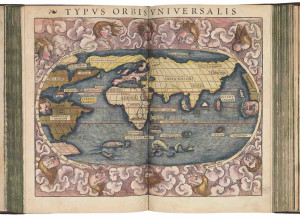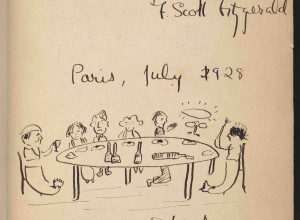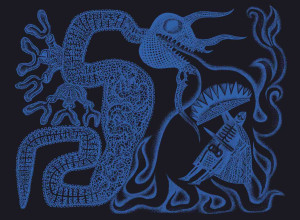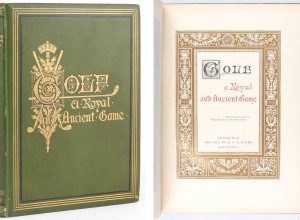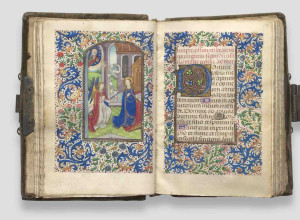The 411 on NFTs for Bibliophiles
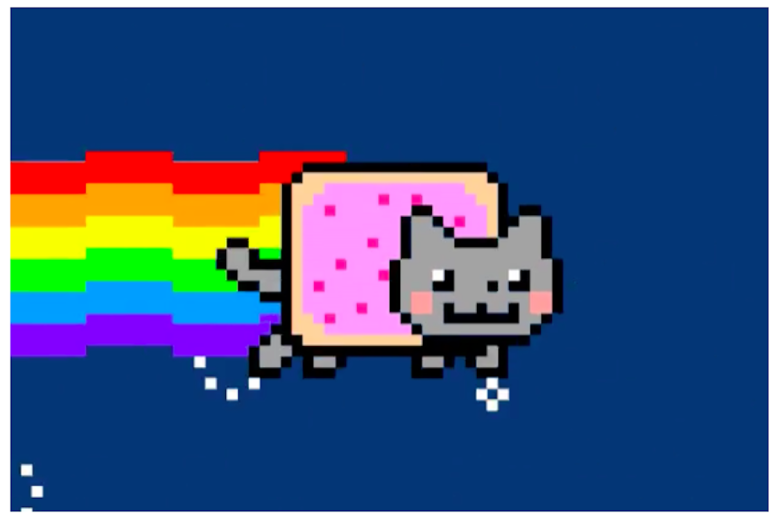
Screenshot of the GIF, Nyan Cat, by Chris Torres.
If you thought understanding cryptocurrency was challenging, NFTs might as well be another language. But bookpeople are smart, we can figure this out.
NFTs--nonfungible tokens--are certificates of ownership of a digital product, such as a jpeg, gif, or video. These certifications are recorded on a blockchain, a digital ledger where transactions are recorded in groups--aka, “blocks,” each with limited storage capacity. Once each block is filled, it is chained to another, empty block. Further, any data entered into the blockchain is permanent, cannot be changed, and anyone who cares to can view it.
Back to NFTs. The best comparison I can think of is that an NFT is like owning a first edition of a coveted book, while an image merely downloaded and printed from your computer is like buying a paperback or lesser edition. NFTs prove to the world who owns that piece of digital art. And NFTs will filter into the book world, too.
First, real money is being forked over to digital artists in exchange for NFTs. Christie’s recently sold a NFT in a single-sale lot in March by the artist Mike Winkelmann, known to his 2.2 million followers on Instagram as Beeple, for his digital collage entitled “The First 5000 Days,” for $69 million. This was the first sale of its kind by a major auction house.
Digital art that can be backed with an NFT is attracting buyers with deep pockets--the decade-old animated gif Nyan Cat (pictured above) sold for $600,000, and a video clip of Lebron James fetched $100,000. Clearly, this is a brave new world for the art market. But for books? Yes. Consider that a NFT is the virtual world’s closest approximation to something that you can hold and own (like a physical book), whereas, if you “buy” a digital book today on Amazon or another online outlet, your purchase only exists so long as the Amazon platform does. If Amazon decides not to allow you access to your “purchase,” there’s nothing you can do about it. But an NFT will not disappear. As such, authors could offer limited edition NFTs, “signed” copies, and other such perks once reserved for bound volumes. At the moment, however, it’s unclear whether these books exist.
Will such books ever wind up at Christie’s and Sotheby's? Surely that day is coming. Are NFTs a bubble waiting to burst? Perhaps the kind of pieces being sold will evolve, and new markets see price fluctuations until a floor is established. But, as long as there’s power to serve the digital universe, I think NFTs are here to stay.






